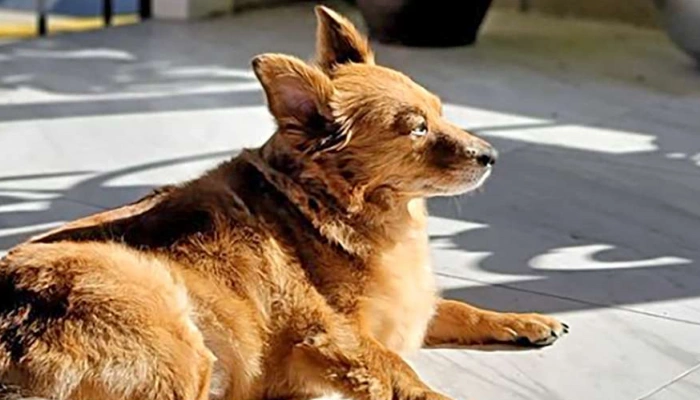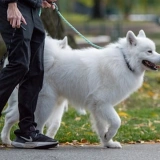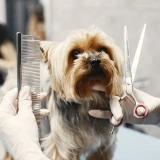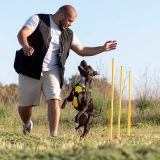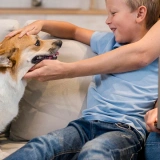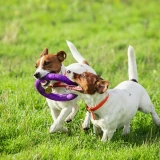Dorgis are smart and people-oriented, with a big-dog attitude in a small body. They respond well to training but can sometimes show independence. Consistency and positive reinforcement are key.
They are typically social, love being near their humans, and enjoy indoor play and short walks. Their short stature means they don't need intense exercise, but they do love staying active. Early socialization helps avoid territorial or vocal behavior.
Coats vary from short and smooth to slightly thicker or medium-length, depending on the parent mix. Grooming is generally easy, with occasional brushing.

